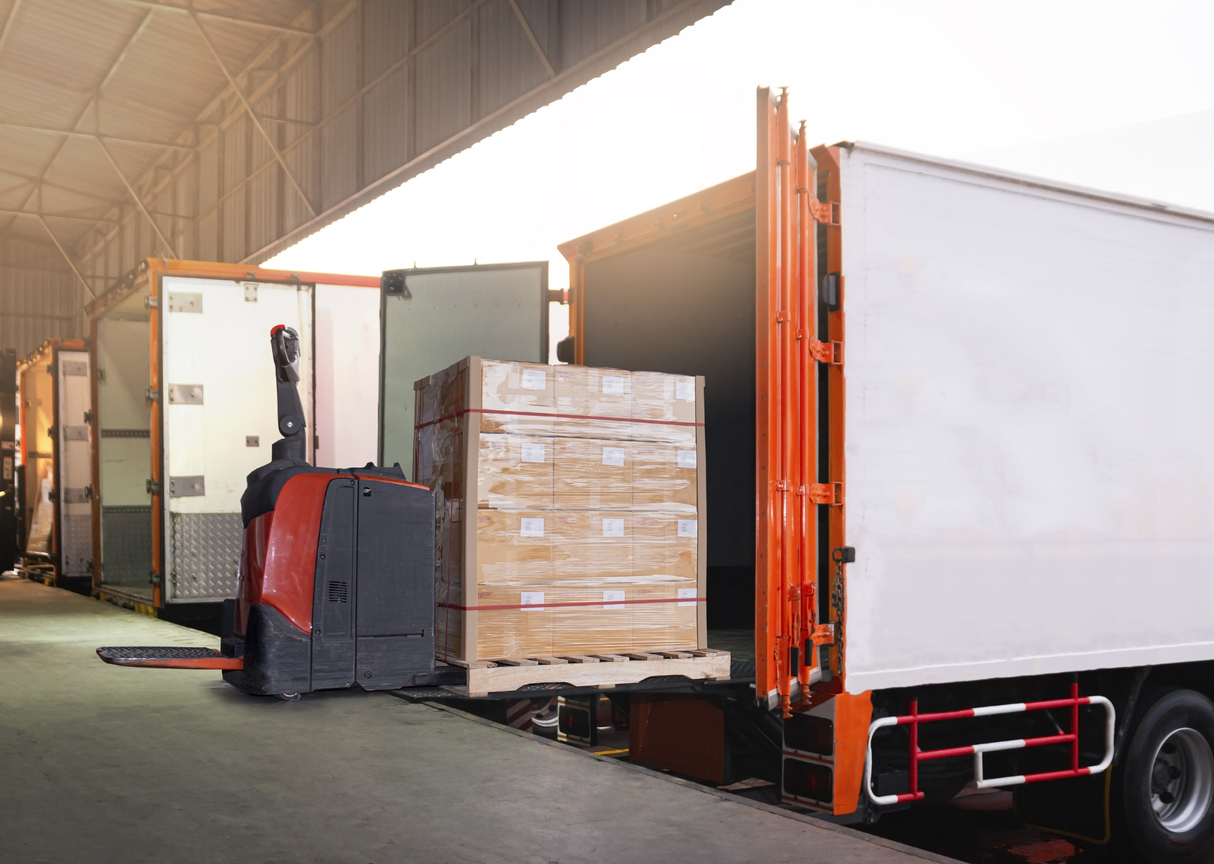The latest Industry News
A very common question we get asked by clients is whether they should insure their freight. The simple answer would be a yes, if you want that additional peace of mind.
However, adding insurance will of course mean an added expense and unless you're sending goods for non-business use, there are other factors to consider before you decide on taking up insurance or not (It's worth noting here that every carrier will have a general liability insurance already).
So, lets take a closer look"¦
Perhaps, the most important factor to consider is whether you can charge your customer for the cost of the insurance. This could be done by offering the option to them additionally or factoring the cost of this in within your product pricing (probably, not easy to do).
Obviously, if you can charge this to your customer then it makes sense to insure your shipping.
It would seem obvious, but your goods should be very well packaged, to begin with. It's surprising how many times we come across broken goods where the sender had clearly not taken the time to pack the goods properly.
The most recent example is a, what was once a very cool Panasonic 48 inch Plasma TV. Although it was sent in the original box, there were very few protective cardboard boxes present, to keep the TV safe and stop it from moving around. The item was being shipped from Leicester to Berlin, Germany!
Of course, no matter how well your items are packaged, there's other factors to consider, which we'll discuss below.
As mentioned briefly above, all carriers have to have a basic liability insurance. In most cases, this will be more than the value of items you're sending (if they're low value items). Make sure you check what the liability insurance value is before taking a decision.
Fragile items such as containing glass, antiques, solar panels etc. should be very well packed to begin with. However, some items may be excluded by the carrier's general liability insurance so it's a good idea to check up on this first and then taking a call.
International shipping often involves multiple courier points where your goods may be off-loaded and then loaded again to different vehicles, modes of transport and so on. "Physics wise" (!), the more the changes, the higher the probability that something may get damaged so take this into account when trying to determine the need or lack thereof, for additional insurance.
In cargo terms, small but expensive items are generally on the "˜high-risk' list and more prone to theft as these can be easily sold in the black market. Items such as phones, jewellery, DVD's to name a few.
We hope you find this useful. If we can be of further assistance, please don't hesitate to get in touch.
However, adding insurance will of course mean an added expense and unless you're sending goods for non-business use, there are other factors to consider before you decide on taking up insurance or not (It's worth noting here that every carrier will have a general liability insurance already).
So, lets take a closer look"¦
Can you charge your customer?
Perhaps, the most important factor to consider is whether you can charge your customer for the cost of the insurance. This could be done by offering the option to them additionally or factoring the cost of this in within your product pricing (probably, not easy to do).
Obviously, if you can charge this to your customer then it makes sense to insure your shipping.
Packaging
It would seem obvious, but your goods should be very well packaged, to begin with. It's surprising how many times we come across broken goods where the sender had clearly not taken the time to pack the goods properly.
The most recent example is a, what was once a very cool Panasonic 48 inch Plasma TV. Although it was sent in the original box, there were very few protective cardboard boxes present, to keep the TV safe and stop it from moving around. The item was being shipped from Leicester to Berlin, Germany!
Of course, no matter how well your items are packaged, there's other factors to consider, which we'll discuss below.
Carrier's liability insurance
As mentioned briefly above, all carriers have to have a basic liability insurance. In most cases, this will be more than the value of items you're sending (if they're low value items). Make sure you check what the liability insurance value is before taking a decision.
Nature of items
Fragile items such as containing glass, antiques, solar panels etc. should be very well packed to begin with. However, some items may be excluded by the carrier's general liability insurance so it's a good idea to check up on this first and then taking a call.
Shipping destination
International shipping often involves multiple courier points where your goods may be off-loaded and then loaded again to different vehicles, modes of transport and so on. "Physics wise" (!), the more the changes, the higher the probability that something may get damaged so take this into account when trying to determine the need or lack thereof, for additional insurance.
Are my items high-risk?
In cargo terms, small but expensive items are generally on the "˜high-risk' list and more prone to theft as these can be easily sold in the black market. Items such as phones, jewellery, DVD's to name a few.
We hope you find this useful. If we can be of further assistance, please don't hesitate to get in touch.
If you have any questions regarding our services,
tracking your parcel or advice, we're here

